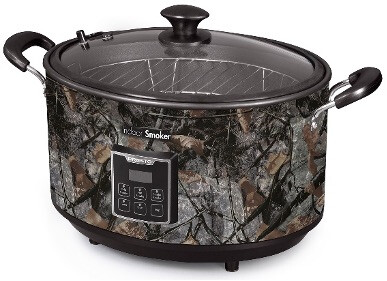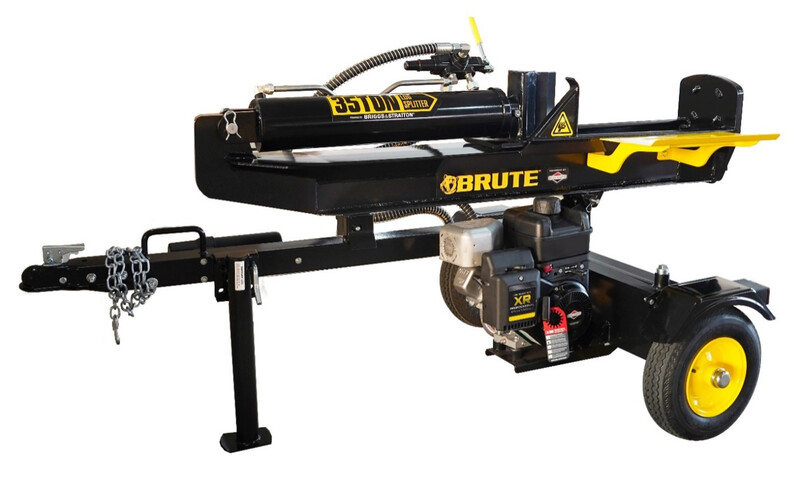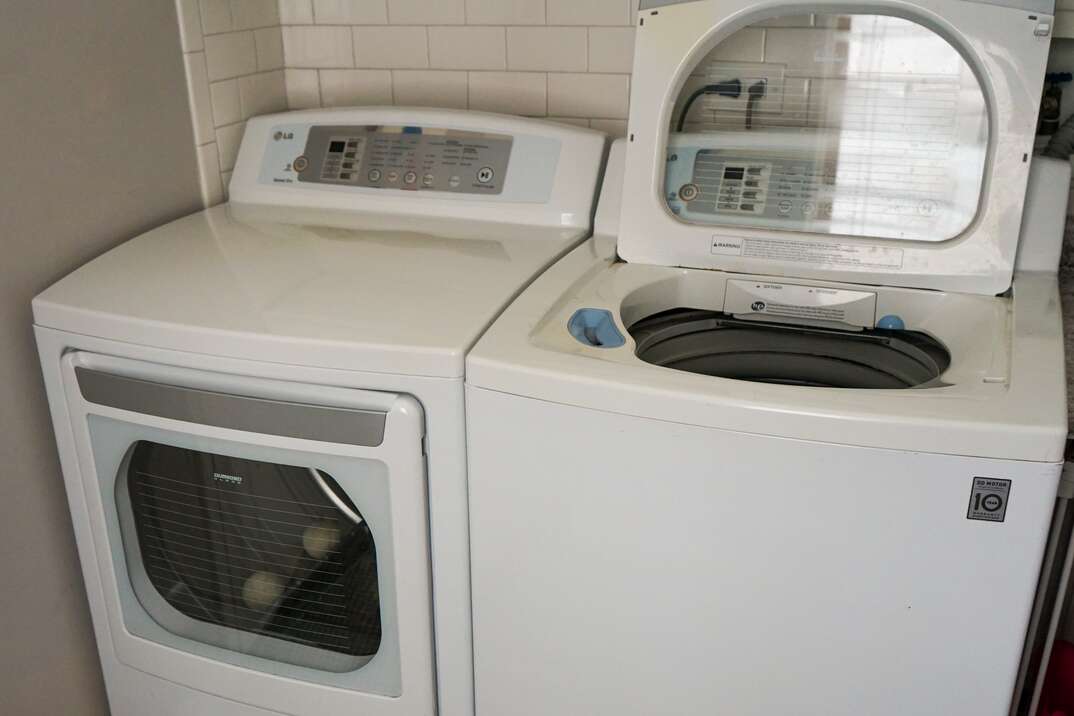What's the Difference Between a Warranty and a Protection Plan for Appliances?

When you’re in the market for a new appliance, you want to make sure you make the best purchasing decision possible. It makes sense, considering that appliances are expensive and undergo a lot of everyday use.
This May Also Interest You: How to Find the Serial Number on Your Appliances and Gadgets
When buying an appliance, a retailer may offer you a protection plan at an additional price. While they can be tempting, it is crucial to understand the ins and outs of warranties and protection plans before entering an agreement you know little about.
So ... What’s a Warranty?
A warranty is a type of guarantee made by a manufacturer or retailer on the condition of its product. If the product doesn’t function as described or is defective in some way, warranties can cover any repairs and exchanges needed. They typically have terms and conditions that limit the warranty through a specific time frame and across a certain scope of coverage. Household appliances can come with anywhere between a 90-day and 1-year warranty that covers problems that originate from defective parts or an error in manufacturing.
Warranties can vary significantly from company to company, and each one addresses consumer protections in its own way. Sometimes warranties will offer free repairs, or even full replacements of products. Sometimes they might simply cover a portion of the repair costs. Either way, the terms and conditions can be extensive, so you should always take a moment to read the fine print before purchasing a large appliance.
In many cases, even if the appliance is still within the window of time outlined in the warranty, you may be asked to provide extensive proof that the appliance has failed during normal, everyday usage. If it’s determined that the appliance has failed because of an action made by you or someone else, the warranty probably won’t be honored.
What’s an Appliance Protection Plan?
An appliance protection plan — also known as an extended warranty or service contract — is an agreement purchased separately by the customer and is intended to provide additional coverage for product issues that fall outside of the time frame and scope of the original warranty. These protection plans can be offered by the manufacturer or the retailer. There are also third-party extended warranty companies that offer these protection plans as well.
Appliance protection plans can be useful purchases for customers looking for peace of mind should an appliance malfunction and need a repair or a replacement. Protection plans can also include coverage for issues other than defective parts or manufacturing. They might instead include coverage against accidents like power surges and may even include damage related to normal wear and tear of an appliance.
Are Extended Warranties and Protection Plans Worth It?
For many consumers, peace of mind can go a long way. In fact, protection plans are extremely popular, with nearly a third of shoppers purchasing them. Yet, while it may seem like a smart decision, there are a lot of factors to consider to determine whether or not it's a sound purchase for you.
First and foremost: Extended warranties are purchases of comfort. They make us feel good. We pay a little extra, and our brand-new appliance is protected against the great chaos that awaits us at home. After all, what’s an additional $100 after you’ve already spent $1,000? Even if studies show that repair costs and rates are generally pretty low for appliances, purchasing an extended warranty eases our anxiety.
Secondly, extended warranties — whether purchased directly from the manufacturer or from a third party — are typically contracted directly with local appliance repair professionals to repair your appliance. This ensures you’ll get quality service by a certified technician without having to do the research to find them yourself.
More Related Articles:
- What’s the Difference Between a Home Warranty and Home Insurance?
- How to Do a Home Inventory Before Disaster Strikes
- Does Homeowners Insurance Cover My Major Appliances?
- Here’s How Much Common Home Repairs Cost — and How to Budget for Them
- What Does Homeowners Insurance Cover ... and What Doesn’t It?
Read the Fine Print
Protection plans can sure feel like a great deal, but there certainly are times when getting the extended warranty won’t end up saving you any money or effort. For one, protection plans typically cost roughly 10% to 20% of the purchase price of the appliance. $300 may not seem like a lot for a $3,000 refrigerator, but when you consider that the average repair costs are $200 to $300, you may be left wondering whether it’s really worth it. You might be better off saving your cash until you really need it.
Protection plans and extended warranties also tend to have extensive terms and conditions which spell out what types of repairs are covered and which ones aren’t. Generally, if you or someone in your home causes the appliance to break in some way, you’ll probably be left with the bill. Before you purchase a protection plan, be sure to carefully read through all of the fine print so that you aren’t left with any surprises.
Does Amazon Offer Protection Plans?
Generally speaking, Amazon offers some of the most affordable protection plans out there —‑ sometimes as low as 5% of the purchase cost. Provided by a third-party warranty company called Asurion, these plans work to increase the lifespan of the typical manufacturer’s warranty. While purchasing an extended warranty on an expensive item offers some peace of mind, there are some considerations to be made before moving forward.
Keep in mind that these plans don’t typically kick into effect until after the manufacturer’s warranty expires. They typically reflect the coverages outlined in typical manufacturers’ warranties. So, if there’s an issue with manufacturing or faulty parts, you’ll be covered. Personal accidents won’t be covered, but incidents like power surges will.
Are Those Amazon Protection Plans Worth Purchasing?
Whether or not purchasing protection plans through Amazon is a smart choice largely depends on your expectations. Sure, it may ease your “big purchase” anxiety by giving you some peace of mind, but it may not protect against everything you’d like. Manufacturers’ warranties are similar to guarantees, but protection plans don’t guarantee that just because something goes wrong, you’ll be covered. The truth is that a malfunctioning product could happen for plenty of reasons that fall outside of the coverage window.
So, as long as you’ve carefully read the terms and conditions and are aware of what the protection plan offers, then purchasing a plan through Amazon might be worth your money. That said, if you’re looking for the most economical choice, you may decide to forgo the protection plan altogether.
If you decide to forgo the protection plan, consider purchasing your appliance with a credit card that offers extended warranty protections for larger purchases. Another option is to contribute a small sum of money each month into a separate savings account that can serve as an emergency repair fund in the event of an accident or malfunction.


